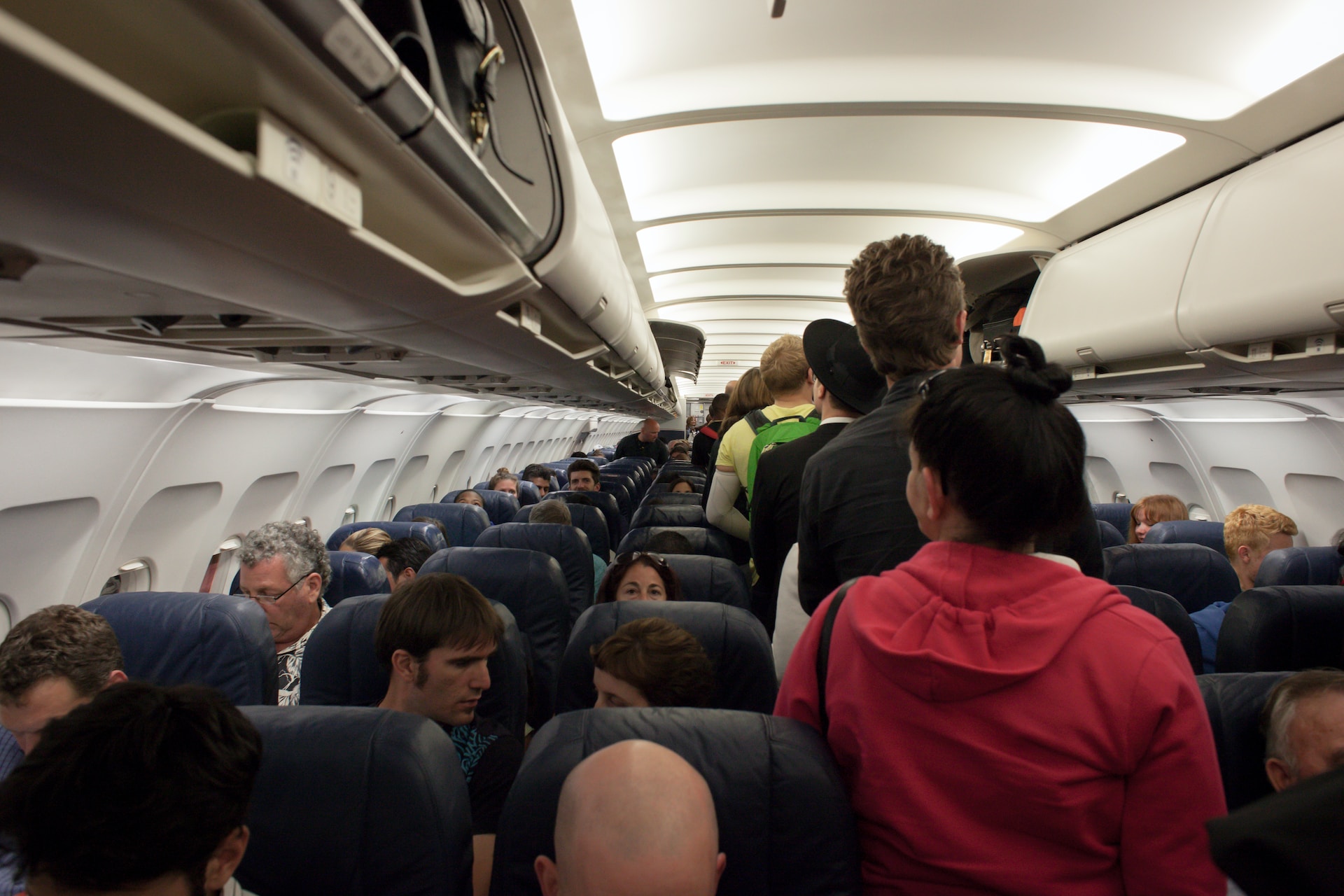
Whenever we travel for business, with our friends or alone, we plan and prepare for everything to go well as expected. However, sometimes, no matter how hard we try, things don’t go as planned, no matter what method we use to travel. Whenever there is a distraction, it causes a lot of anger, resentment, and dissatisfaction in many people.
Fortunately, these problems can be avoided in the best and most sensible way even in the most unpredictable way. As a professional attendee, I have seen the importance of some life-changing situations, no doubt.
Here’s a collection of common issues I’ve come across when traveling on business and how I deal with them.
1. Your flight is overbooked.
Despite the fact that it doesn’t seem right, overbooking a flight is legal and completely normal among carriers. Airlines must ensure that each flight is complete. They calculate that many passengers will not show up and give more power to compensate for this.
The problem arises when everyone shows up and there aren’t enough seats. The flight attendant will run out to ask people to carefully give up their seats in exchange for travel expenses. If no one joins, it is reasonable that you will be denied entry. Note that depending on the location, airline and country, you may be charged for your drop off and return.
To try not to beat all the hands together, register and show up before the designated time at the gate, be a long-term customer and buy more allocated seats than you are willing to name at the gate. I found that having an airline visa and being eligible for their grant program makes a difference.
2. Your flight has been delayed.
Unlike overbooked flights, there’s no charge if your flight is rescheduled. Although it’s frustrating, a delay due to weather or engine problems is not something that can benefit an outdoor installation.
I try to plan my trips and as long as one of them is supposed to be postponed, I will have no problem rethinking and accomplishing my goals. I use the airport lounge to get some work done. I also like to buy non-stop or early travel to give me options if things go wrong.
3. You lose your identity card.
There is nothing worse than losing your visa while traveling abroad. File a missing identification report with the police department. Then, at this point, contact the US consulate immediately. To successfully contact a US consulate, participate in the Smart Traveler Enrollment Program (STEP). Another way to travel is to carefully have all your important storage with you. I have a copy of my most important records, including credit card information and phone numbers, stored in my email. I also recommend using a wallet with old cards in case of theft.
It’s easier to try to express your style when you have confidence in your identity, whether physical or not.
4. Your equipment is transferred or lost.
If your bag has been checked, check in on the plane right away because it can take anywhere from a few hours to a few days to contact you. At other times, they may lose it completely. Once your package has been dropped off by the airline, write a label detailing everything inside.
The maximum amount you will receive for lost items is $3,500 per passenger on a domestic flight. Assuming they lose it on a global flight, the bill will change.
To prevent your package from being delayed or possibly lost, try including your notes and contact information so the carrier knows where to follow you.
5. Your hosting is disappointing.
The site is great on the web, has good reviews, and has good prices. Then, at that moment, you will come out only to feel that it is not enough. Tell the supervisor what is bothering you in the space. They will give you another house or renovate it. I find that going into the person in a calm and conscious way will get you further than starting out in a state of dissatisfaction.
6. You are sick.
To avoid illness, stay hydrated and try to follow a healthy diet and vacation plan while traveling at least seven days before departure. Having travel insurance can also help cover any medical expenses you incur while running.
Although travel presents unique situational challenges from time to time, as long as you always have a plan B prepared, you can explore it.